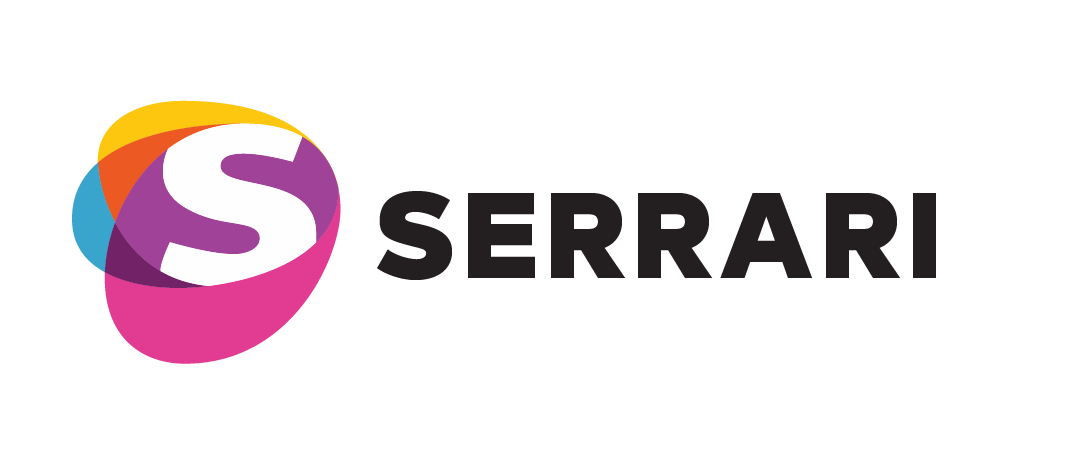Wealth management is a crucial aspect of running a successful business, regardless of its size. However, for small and medium-sized businesses (SMBs), effective wealth management can be particularly challenging due to limited resources and expertise. In this article, we will provide a comprehensive overview of business wealth management, focusing on the specific needs and considerations of SMBs.
What is Business Wealth Management?
Business wealth management refers to the strategic management of a company’s financial resources to maximize its value and ensure long-term financial stability. It involves various activities such as financial planning, investment management, risk assessment, tax planning, and estate planning. The primary goal of business wealth management is to optimize the allocation of resources and generate sustainable growth while minimizing risks.
Importance of Business Wealth Management for SMBs
Effective wealth management is essential for SMBs for several reasons:
1. Financial Stability: SMBs often face greater financial volatility compared to larger corporations. Proper wealth management helps businesses navigate economic uncertainties, maintain liquidity, and ensure their long-term survival.
2. Growth Opportunities: By effectively managing their financial resources, SMBs can seize growth opportunities when they arise. This includes investing in new technologies, expanding operations, or entering new markets.
3. Risk Mitigation: Wealth management strategies help SMBs identify and mitigate potential risks that could impact their financial health. This includes managing cash flow fluctuations, protecting against market volatility, and implementing risk management strategies.
4. Tax Efficiency: Proper tax planning is crucial for SMBs to minimize their tax liabilities legally. Effective wealth management ensures compliance with tax regulations while optimizing tax strategies to maximize savings.
5. Succession Planning: For family-owned or closely-held SMBs, wealth management plays a vital role in succession planning. It involves developing strategies to transfer ownership and control smoothly while preserving the company’s value.
Key Components of Business Wealth Management
To effectively manage their wealth, SMBs should consider the following key components:
1. Financial Planning: This involves setting clear financial goals, creating budgets, and developing strategies to achieve them. Financial planning helps SMBs align their resources with their business objectives and provides a roadmap for future growth.
2. Investment Management: SMBs need to carefully manage their investments to generate returns while minimizing risks. This includes diversifying investment portfolios, conducting thorough market research, and regularly reviewing investment performance.
3. Risk Management: SMBs should identify potential risks and develop strategies to mitigate them. This includes managing cash flow, implementing insurance policies, and establishing contingency plans for unforeseen events.
4. Tax Planning: Effective tax planning helps SMBs optimize their tax positions and minimize tax liabilities. This involves staying updated on tax regulations, utilizing available deductions and credits, and engaging with tax professionals when necessary.
5. Estate Planning: For SMBs with long-term sustainability goals, estate planning is crucial. It involves developing strategies to protect and transfer business assets while minimizing estate taxes.
Wealth Management Strategies for SMBs
Implementing effective wealth management strategies can significantly benefit SMBs. Here are some strategies tailored specifically for small and medium-sized businesses:
1. Cash Flow Management: Maintaining a healthy cash flow is vital for SMBs’ financial stability. Implementing efficient billing and collection processes, negotiating favorable payment terms with suppliers, and closely monitoring expenses can help optimize cash flow.
2. Debt Management: Managing debt is crucial for SMBs to avoid excessive interest payments and maintain financial flexibility. Careful evaluation of borrowing options, negotiating favorable loan terms, and regularly reviewing debt levels are essential in debt management.
3. Technology Adoption: Embracing technology can streamline operations, improve efficiency, and reduce costs for SMBs. Investing in accounting software, customer relationship management (CRM) systems, and other digital tools can enhance financial management capabilities.
4. Employee Benefits: Offering competitive employee benefits can help SMBs attract and retain top talent. This includes retirement plans, health insurance, and other incentives that contribute to employee satisfaction and loyalty.
5. Professional Advice: Engaging with financial advisors, accountants, and legal professionals who specialize in SMBs can provide valuable guidance in wealth management. These experts can help navigate complex financial matters and ensure compliance with regulations.
Popular Business Wealth Management Tool
1. QuickBooks Online: QuickBooks Online is a cloud-based accounting software that offers comprehensive financial management features. It allows businesses to manage their income, expenses, invoicing, and financial reporting. While it is primarily an accounting tool, it also provides some wealth management capabilities.
2. Xero: Xero is another cloud-based accounting software that offers a range of financial management features. It provides tools for managing cash flow, invoicing, expense tracking, and financial reporting. It also integrates with various third-party apps to enhance its wealth management capabilities.
3. Sage Intacct: Sage Intacct is a robust financial management platform that caters to the needs of medium to large businesses. It offers features for financial planning, budgeting, cash flow management, and analytics. It also integrates with other systems to provide a holistic view of the business’s financial performance.
4. NetSuite: NetSuite is a cloud-based ERP (Enterprise Resource Planning) system that includes financial management functionality. It provides tools for managing financials, revenue recognition, financial planning, and budgeting. NetSuite offers scalability and is suitable for businesses of all sizes.
5. Wealthfront: While the previous examples focus on accounting and financial management, Wealthfront is a digital wealth management platform specifically designed for individuals and small businesses. It provides investment management services, including portfolio diversification, tax-loss harvesting, and retirement planning.
6. Betterment for Business: Similar to Wealthfront, Betterment for Business is an investment-focused wealth management platform designed for small businesses. It offers retirement plan solutions, such as 401(k) plans, with automated investment options and personalized advice.
Business wealth management is a critical aspect of running a successful SMB. By implementing effective strategies tailored to their specific needs, SMBs can optimize their financial resources, mitigate risks, and achieve long-term growth. While the challenges may be greater for small and medium-sized businesses, the rewards of proper wealth management are equally significant.
photo source: freepik
Article and News Disclaimer
The information provided on www.serrarigroup.com is for general informational purposes only. While we strive to keep the information up to date and accurate, we make no representations or warranties of any kind, express or implied, about the completeness, accuracy, reliability, suitability, or availability with respect to the website or the information, products, services, or related graphics contained on the website for any purpose. Any reliance you place on such information is therefore strictly at your own risk.
www.serrarigroup.com is not responsible for any errors or omissions, or for the results obtained from the use of this information. All information on the website is provided on an "as-is" basis, with no guarantee of completeness, accuracy, timeliness, or of the results obtained from the use of this information, and without warranty of any kind, express or implied, including but not limited to warranties of performance, merchantability, and fitness for a particular purpose.
In no event will www.serrarigroup.com be liable to you or anyone else for any decision made or action taken in reliance on the information provided on the website or for any consequential, special, or similar damages, even if advised of the possibility of such damages.
The articles, news, and information presented on www.serrarigroup.com reflect the opinions of the respective authors and contributors and do not necessarily represent the views of the website or its management. Any views or opinions expressed are solely those of the individual authors and do not represent the website's views or opinions as a whole.
The content on www.serrarigroup.com may include links to external websites, which are provided for convenience and informational purposes only. We have no control over the nature, content, and availability of those sites. The inclusion of any links does not necessarily imply a recommendation or endorsement of the views expressed within them.
Every effort is made to keep the website up and running smoothly. However, www.serrarigroup.com takes no responsibility for, and will not be liable for, the website being temporarily unavailable due to technical issues beyond our control.
Please note that laws, regulations, and information can change rapidly, and we advise you to conduct further research and seek professional advice when necessary.
By using www.serrarigroup.com, you agree to this disclaimer and its terms. If you do not agree with this disclaimer, please do not use the website.
www.serrarigroup.com, reserves the right to update, modify, or remove any part of this disclaimer without prior notice. It is your responsibility to review this disclaimer periodically for changes.
Serrari Group 2023




